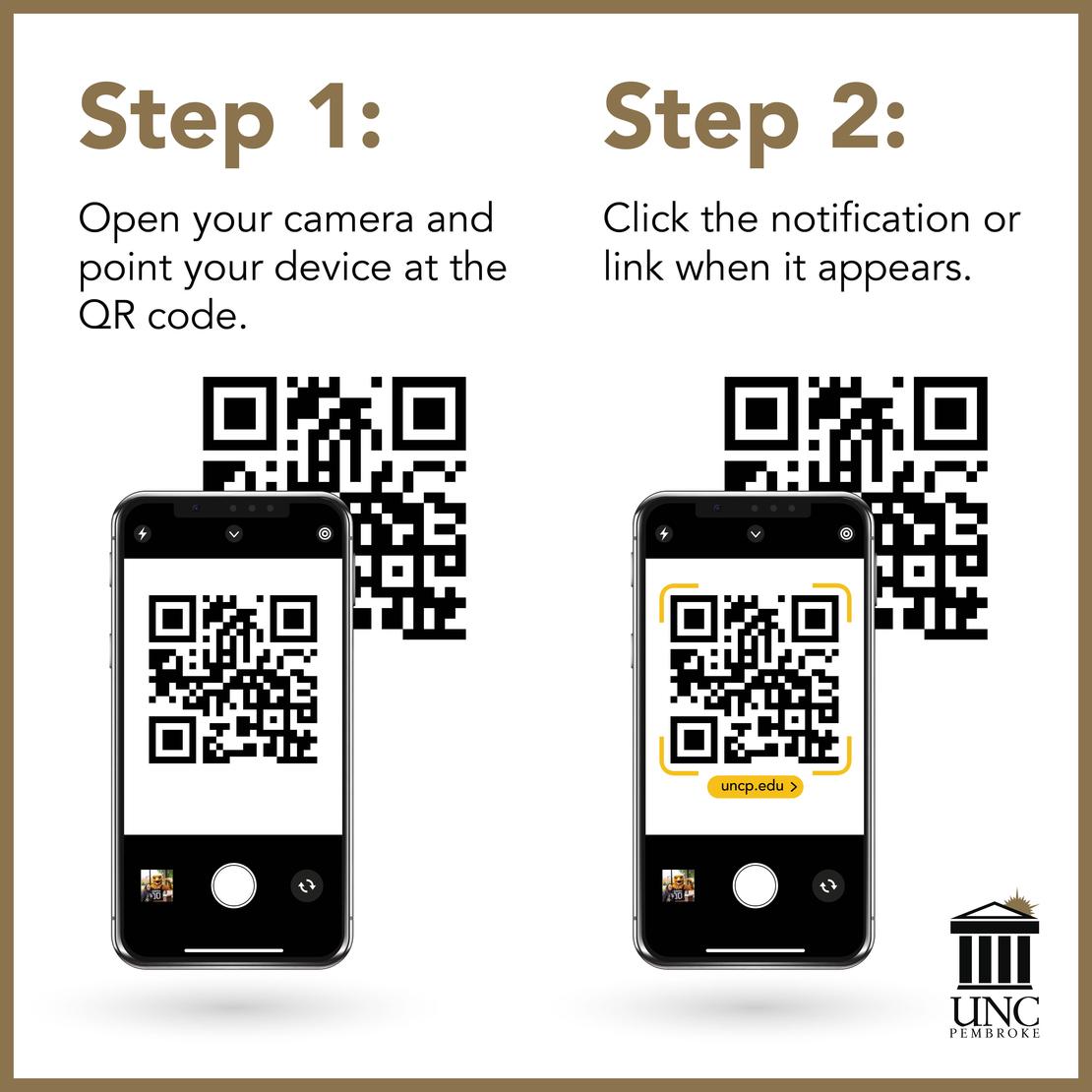-
Why is Braves Kickoff mandatory?
Braves Kickoff is mandatory because it is important for all faculty and staff to gather together to hear our strategic and tactical goals for the coming year from Chancellor Cummings and leaders across campus. In addition, the event provides the campus community an opportunity to celebrate recent successes and acknowledge the many contributions made by faculty and staff toward the mission of the university.
-
How is attendance tracked at Braves Kickoff?
Attendance tracking for the mandatory in-person session depends on the use of attendees scanning a QR code. In the event that you do not have a smartphone, DoIT students and staff will be in the lobby to help assist you.
To scan a QR code, open your camera and point your device at the code. Then, click the notification or link when it appears.

-
Where is the location, the time and agenda of Braves Kickoff?
For most employees, Braves Kickoff consists of two types of meetings. Employees must attend a mandatory general session held in GPAC. Individual divisions and teams also meet together in various locations.
-
Should I RSVP for the Braves Kickoff event?
As all UNCP faculty and staff are required to attend Braves Kickoff, there is no need to RSVP.
-
Do I have to complete training online?
Yes. Faculty and staff must complete mandatory compliance training each year. You can find more information on the annual compliance training here.
-
We plan to participate in the drive for the Care Resource Center, what items should we bring?
List of goods desired by the CARE Resource Center:
- Ramen Packages
- Peanut butter
- Jelly
- Chef Boyardee/Spaghetti-O’s
- Canned vegetables
- Fruit Cups
- Snack Bars
- Soups
- Canned Tuna/Chicken
- Packs of Crackers
- Cereal
- Toiletries and hygiene products for men and women.
*Please note the CARE Resource Center can only accept foods in their original, sealed package with an ingredient label and code date and that is clearly within the ‘Use By’ or ‘Sell By’ date. They cannot accept home canned or home prepared meals or desserts, opened packages or food with evidence of spoilage (this includes food in crushed, dented, rusted or broken containers).